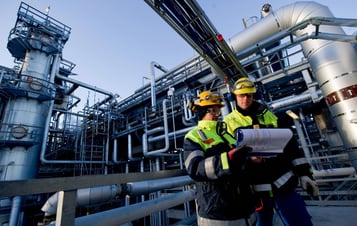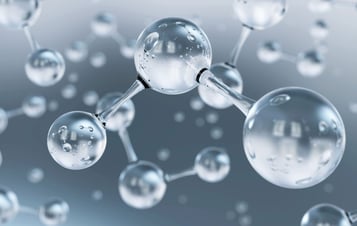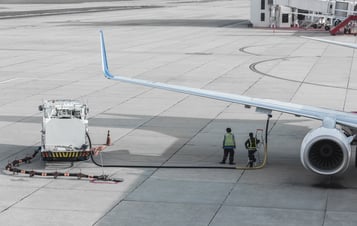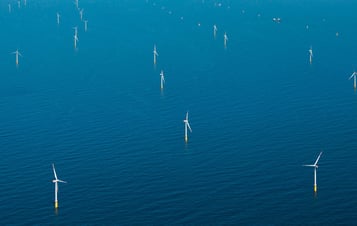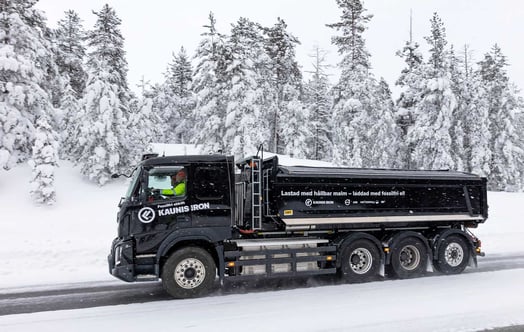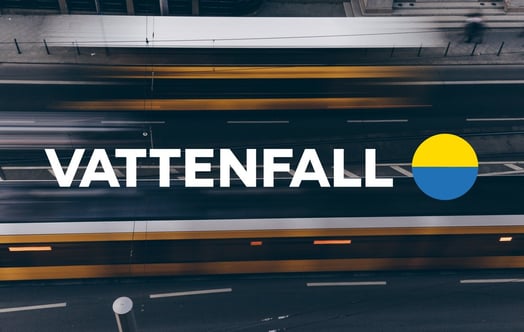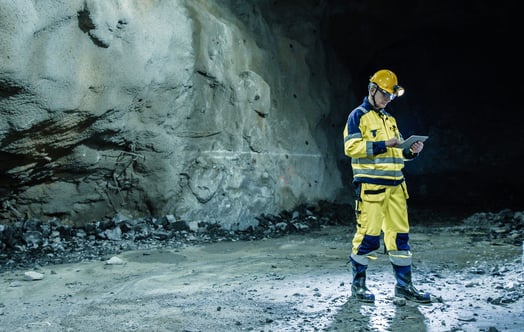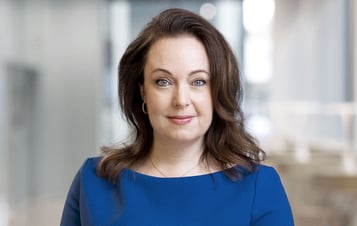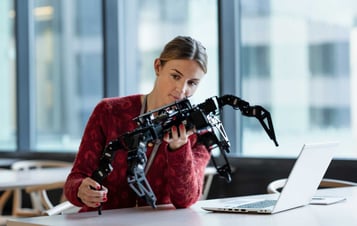Electrification for decarbonisation of industry
Vattenfall is forming industry partnerships to contribute to global climate goals.
Striking a balance between economic growth, social progress and climate change
News on climate change is everywhere we turn. Meanwhile, demand for the materials, goods and services that represent the largest shares of CO2 emissions today continues to rise. Yet positive progress is happening. For example Vattenfall is forming partnerships with other sectors and businesses in all our markets to contribute to global climate goals.
On 4 November 2021, the First Movers Coalition (FMC) was launched at COP26 in Glasgow by the U.S. State Department and the World Economic Forum. Vattenfall joined as a founding member and is thereby committing to increasing the share of emerging technologies critical to the net-zero transition in its procurements. More information about FMC and other supply chain initiatives can be found here.
The broader picture
Today we live longer, healthier and wealthier lives than ever before and the world continues to grow at an unprecedented rate. In fact, every year the world's population increases by 83 million people and, although the rate of growth appears to be slowing, it is estimated that we will reach up to 10 billion people by 2050.
Meanwhile, people will keep moving to cities, particularly in Asia and Africa – within 30 years 68% of us are expected to live in urban areas. Because of this, the extraction and production of materials will need to continue in order for us to construct more apartment buildings, more railways for our trains and more batteries for our electric cars and mobile phones. At the same time, more people will need to transport themselves, and more and more goods are expected to be shipped to consumers across the world.
It is not difficult to understand that a larger population will consume more. However, the challenge in limiting the climate impact from energy production remains. Less evident, but just as important, is the footprint of today’s society: concrete, steel and plastic. The production of these materials is highly carbon intensive and emits large amounts of CO2 into the atmosphere every year. And demand shows no signs of slowing down.
Over the past 30 years, the annual cement production has quadrupled which means it has gone from nearly 1 billion to over 4 billion tonnes a year, primarily driven by developing countries like China and India. The last decade also saw a 40% increase in global steel demand, with much of that growth in China as a dominant player in the steel market. And despite the global debate on plastics, demand has doubled about every 20 years and global production has gone from 1.5 million tonnes in 1950 to 322 million tonnes in 2015. Since then, the trend has continued, with annual production now well over 350 million tonnes.
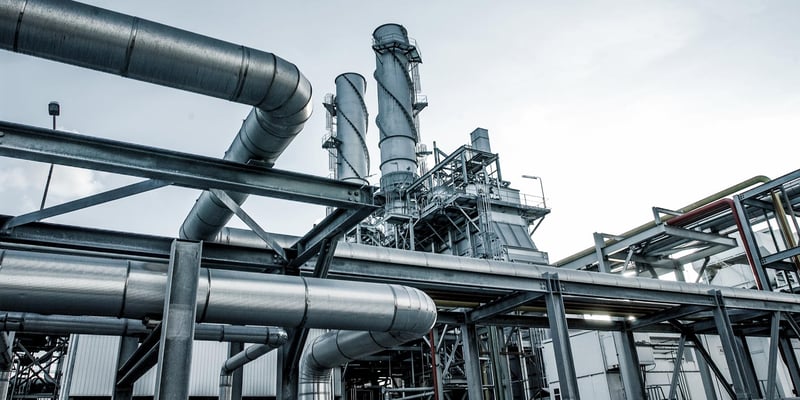
We are forming partnerships in different fields and industries to reach climate goals.
Electrification as a means to decarbonise industry and transport
Industry, along with transport, stands for the largest share of global emissions today. Recycling and redesigning products can increase their longevity and efficiency and reduce the need for raw materials. Additionally, electrification of industry through cross-sector partnerships is an effective way to develop new solutions and reach international climate goals like the Paris Agreement.
At Vattenfall, we aim to offer all customers climate smart energy and to enable fossil freedom. For this to happen we work together with other sectors and businesses where electrification can be a means to eliminate or reduce CO2 emissions. Electrification and fossil-free hydrogen are the keys to success in replacing fossil energy.


